The Supercars series is moving forward with plans to introduce new ‘Gen3’ racing cars in 2022, hoping to have a European rival for the Ford Mustang and Chevrolet Camaro.
That’s according to a story from Speedcafe this week that said the owners of the sport are talking to a European car brand about joining the new regulations.
However, Supercars CEO Sean Seamer refused to comment on who the potential newcomer would be, citing a nondisclosure agreement (NDA) that prevented him from providing any further details.
Read more about supercars
Obviously there’s no way of knowing how far along these talks are due to the NDA, but it’s worth noting that Supercars is currently for sale, with current owners Archer Capital trying to divest their 65 percent stake in the deal, which New Brand will no doubt be help raise the price.
So who could it be? There are some that we can turn down right away, either due to the size of the local brand, the lack of a suitable model to race, or simply incompatibility. So that takes care of Ferrari, Lamborghini, McLaren, Bentley, Lotus and Fiat.
Who does that leave? Well, some of the biggest names in the prestige market and some more mainstream contenders. Let’s take a look at each brand and their chance to get on the Supercars grid with the Camaro and Mustang in the near future.
Alfa Romeo
The Italian brand has a long and illustrious history in motorsport, including its current Sauber F1 sponsorship. It also has a suitable model for racing, the Giulia, which may not be a coupe like the Mustang and Camaro, but the Gen3 rules don’t dictate a specific body style. The new Giulia GTAm is a reminder of the brand’s glory days in European touring car racing and has the potential to build a great supercar.
The question is, given its very modest sales in Australia, would Alfa Romeo be willing (and able) to invest in a Supercars program?
In June, the brand sold just 304 cars over the year to date, compared to more than 16,000 Mercedes-Benz cars, and even with the Gen3 cost cut, a racing program will cost millions.
While a high-profile motorsport program, especially a successful one, could help bolster the brand’s image in Australia, it seems unlikely given the costs involved.
Audi
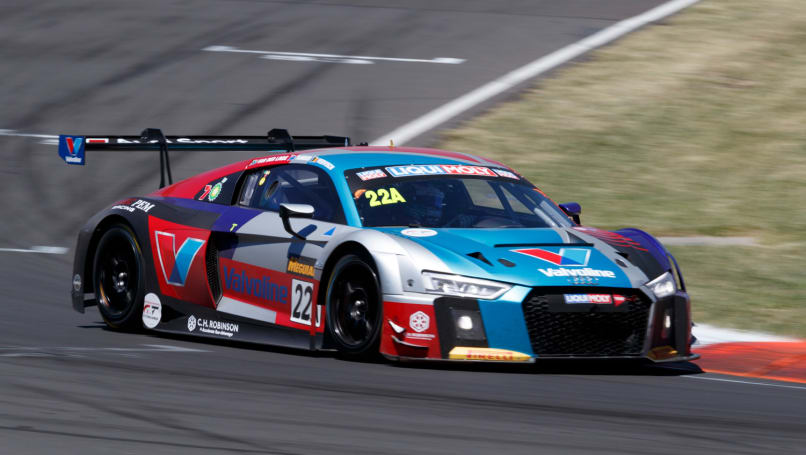
Supercars has long expressed an interest in winning one of the ‘Big Three’ German brands – Audi, BMW and Mercedes-Benz – without success.
In some respects, Audi makes sense, Audi stands behind its German brand colleagues in terms of sales and has had a lot of motorsport involvement in its recent history.
Opposing its odds, however, is that it has a successful (and lucrative) customer racing program that sells R8 GT3 spec cars and RS3 sedans for TCR competition. Plus, Audi’s future revolves around electric vehicles, so a V8-powered coupe doesn’t fit into this transition.
BMW
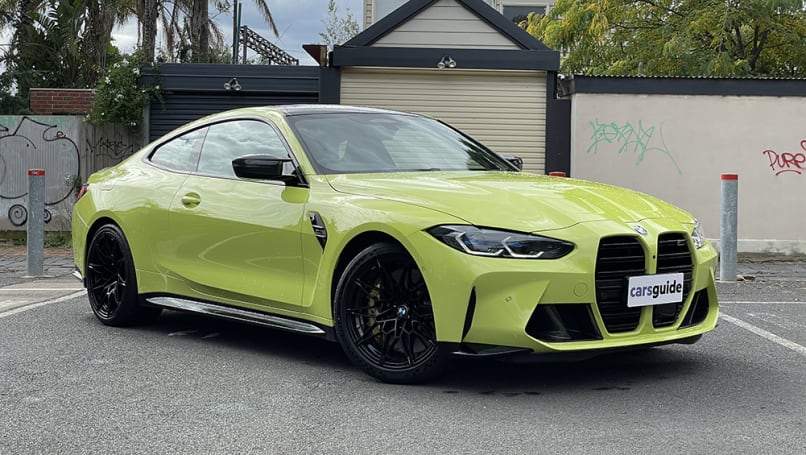
The Bavarian brand was previously associated with an entry, particularly with the Walkinshaw Andretti United team, as BMW collaborates with Andretti Autosport in the electric Formula E series. However, BMW Australia sources assure CarsGuide that it has no intention of racing its M4 against the American coupes.
jaguar
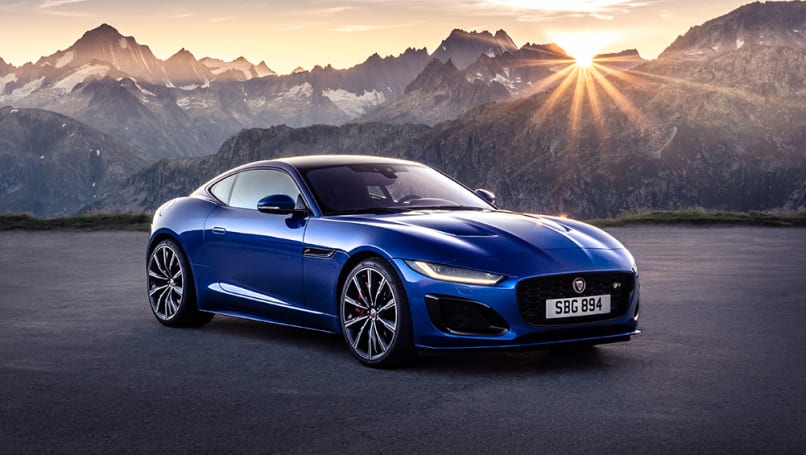
This is yet another brand that has been publicly associated with a Supercars listing and surely the F-Type coupe would make a stunning racing car.
Like Alfa Romeo, Jaguar has a sporting history and needs a boost in sales, but the cost of racing seems prohibitive.
The other, more important factor is that the British brand is in the midst of a radical overhaul of its offering to ditch gasoline power in favor of electrification. That would likely take precedence over trying to win at Bathurst or Sandown.
Maserati
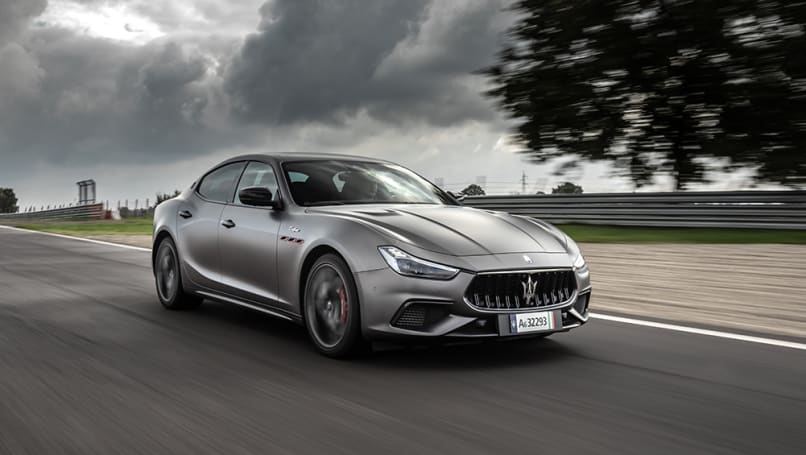
The Italian performance car brand may seem an unlikely candidate given its much higher position than Ford and Chevrolet.
Given that it is in the middle of a (further) revival with a number of new models, including the MC20 sports car, it could be argued that the Ghibli sports sedan could be attractive to race.
With all that said, the sheer difference in target market between Ford / Chevy and Maserati makes it very unlikely.
Mercedes Benz
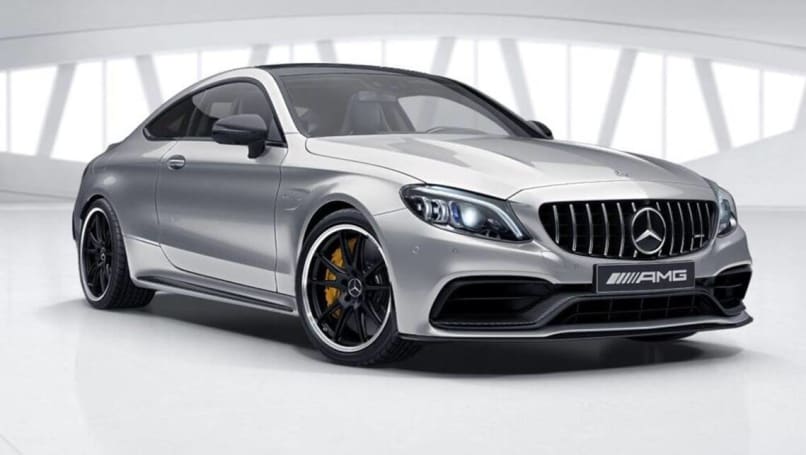
While we’d all be delighted to see an AMG C63 Coupe speed around Mt Panorama, there are a few key factors that make it incredibly unlikely.
For starters, Mercedes Australia was very publicly against the three-pointed star’s previous entry into the sport as a private participant.
And if that’s not enough to convince you, the C63 will adopt a four-cylinder engine and if you want to race in a Mercedes the company can sell you an AMG GT3 instead of spending money on a brand new supercar to drive.
Peugeot
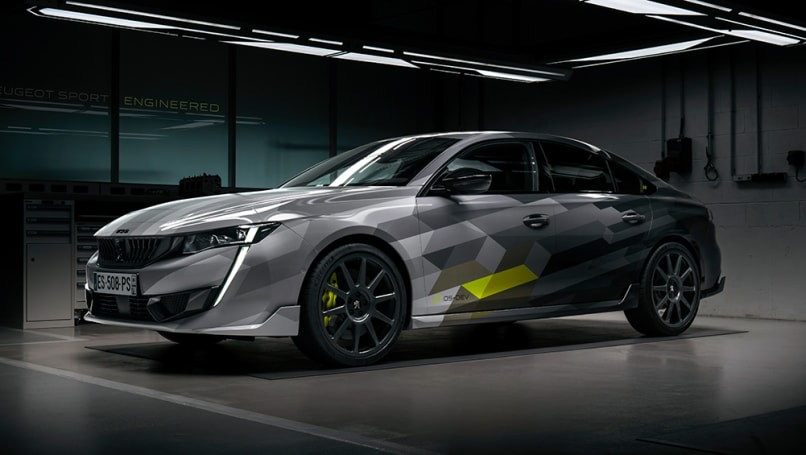
The French brand is returning to motorsport with the radical 9X8 Le Mans hypercar and plans to introduce Peugeot Sport Engineered road vehicles in the near future.
It also helps that Peugeot is being distributed in Australia by Inchcape, the same company that oversaw Subaru’s entry into the Australian rally championship, so maybe it understands the benefits of racing.
The Peugeot 508 would comply with the new rules, and a win over a Mustang and a Camaro would undoubtedly improve the brand’s image. But the brand is on track to sell around 2500 cars in Australia this year, so it’s unlikely they have the resources to get involved in a supercar program.
Porsche
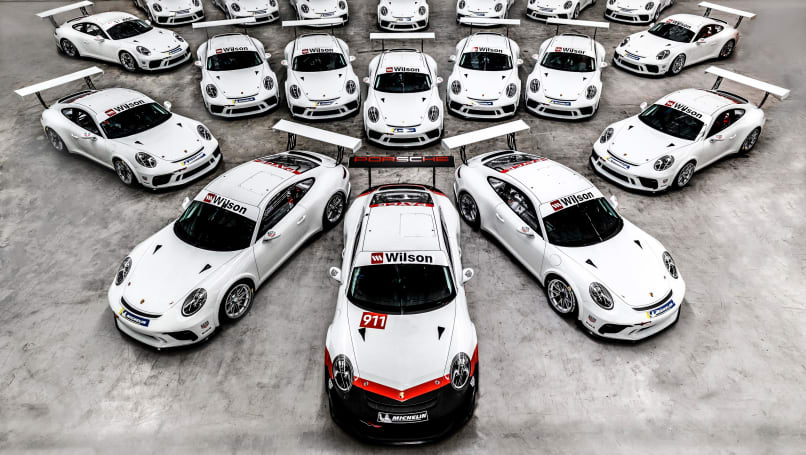
Few brands have the racing history of Porsche, and as much as we’d love to see a Panamera supercar, it just won’t happen. Porsche has its own motorsport category – the Carrera Cup – which exactly meets its needs.
Volkswagen / Cupra / Skoda
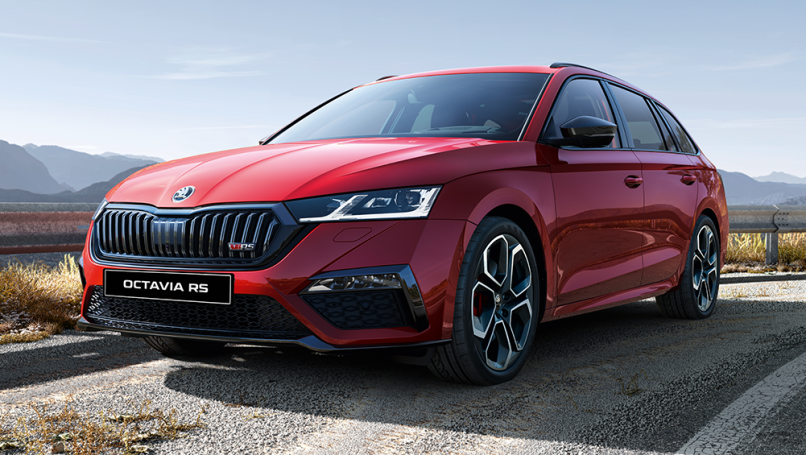
The Volkswagen Group will soon have three brands in Australia, but does one of them meet the criteria?
Volkswagen is seemingly focused on an electric future, and its main performance models will be either small cars (Polo and Golf) or SUVs (T-Roc and Tiguan) that don’t function as supercars. The only suitable model, at least in size, would be the Passat or Arteon, but they seem like unlikely hero models for a racing program.
Cupra may make the most sense for a racing program as it is a performance brand, but it just doesn’t have a model that has the same dimensions as a Mustang and a Camaro.
The Czech brand Skoda makes the most convincing argument. It’s on track to sell around 10,000 vehicles this year and has the sporty Octavia RS model, which is only slightly shorter and narrower than the Mustang. Call us crazy, but an Octavia RS Wagon Supercar sounds funny to us – but also unlikely.
Volvo
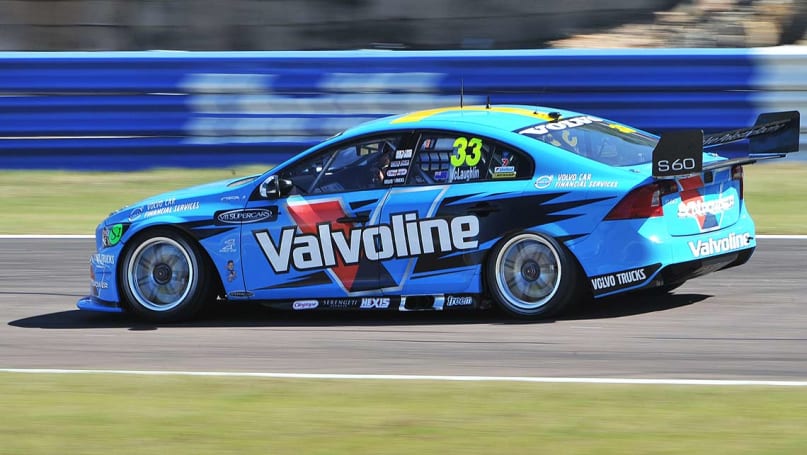
The sentence, bitten once, shy twice, comes to mind when I think of the Swedish brand. Now that Volvo has already competed and rescued supercars, it’s hard to imagine Volvo getting back on track, especially with the switch to all-electric power.
So who then?
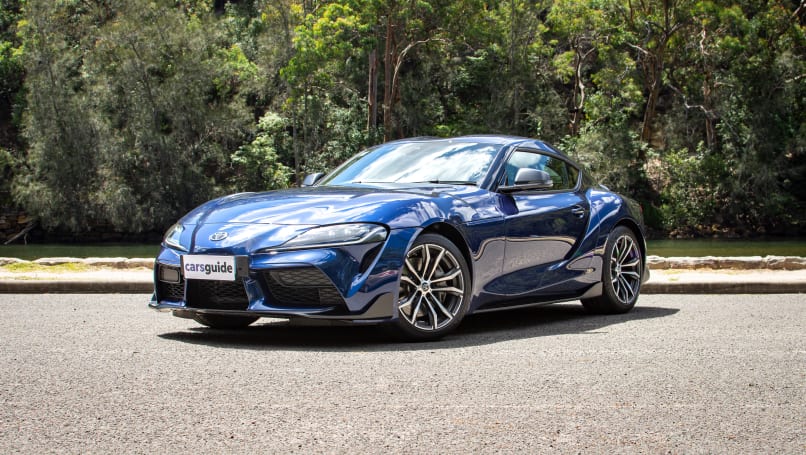
While a European brand may seem difficult to predict, we cannot entirely dismiss the idea. However, the most likely candidate for Ford and Chevrolet comes from Japan. Toyota already knows Supercars thanks to its 86 Racing Series, which runs as a support category, and the Supra is a natural rival to the Mustang in the market.
On top of that, Toyota’s clear desire to advance its Gazoo Racing sub-brand and a GR Supra supercar makes the most sense of all the makes and models sold in the country today.
And while Toyota may not be a European brand, the Supra is based on the BMW Z4 and is built in Austria, so it almost counts …

